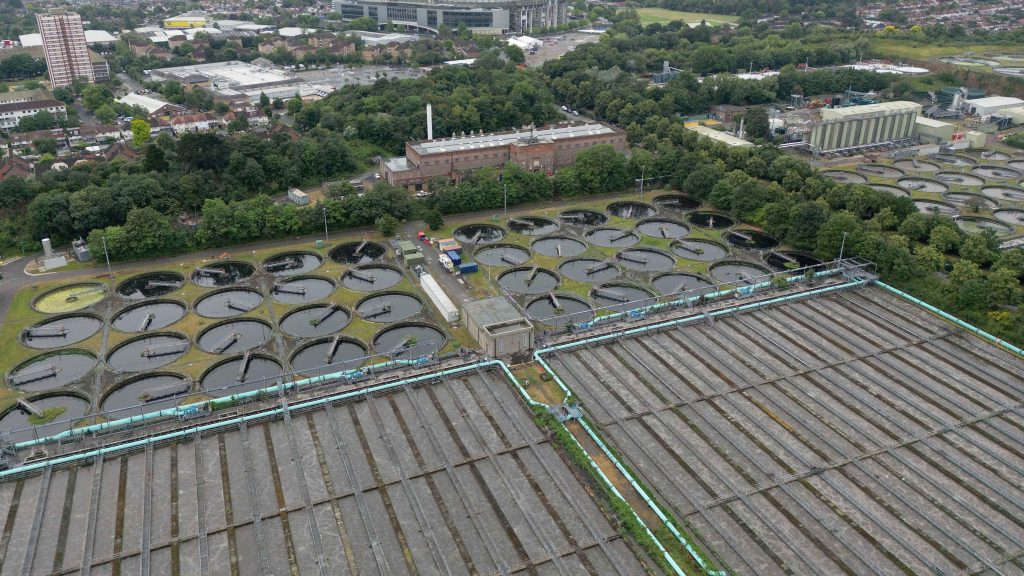UK Water Companies Fail To Get Basics Right, Environmental Regulator Says

Britain’s Environment Agency lambasted the country’s water companies for spewing sewage into rivers and seas, saying the majority of them were failing to get the basics right, as it outlined plans for a tougher regulatory approach.
Years of under-investment by privately-run, profit-seeking water companies in the UK has coincided with heavier rainfall from climate change and a growing population to bring the country’s water industry close to crisis.
The Environment Agency, the regulator, said in its annual report on Tuesday that five out of nine companies were rated as “requiring improvement” and the pace of progress towards making water cleaner was too slow.
One of those five failing companies was Thames Water, the country’s biggest water supplier, which for the last year has dominated headlines for its poor environmental record and a funding crisis, which means it could be nationalised.
The Environment Agency said that in 2023 there were 47 serious pollution incidents, up from 44 the previous year and 90% of those incidents were caused by four companies, Thames, plus Anglian Water, Southern Water and Yorkshire Water.
Industry body Water UK did not immediately return a request for comment out of office hours.
Britain’s Environment, Food and Rural Affairs Minister Steve Reed called the findings “shocking”.
“For too long, water companies have pumped record levels of sewage into our rivers, lakes and seas. This government will never let this happen again,” he said in a statement.
The new Labour government was elected three weeks ago. It has already outlined steps to introduce new fines for water companies, increase monitoring for spills and ensure sure money is spent on infrastructure upgrades and not executive bonuses.
For its part, the Environment Agency said it would recruit 500 additional staff and quadruple the number of water company inspections by March next year.
Severn Trent, United Utilities and Wessex Water were all given the top rating for environmental performance by the Environment Agency. It says all companies should be able to achieve that.
Severn Trent said on Tuesday it was confident it could halve its spill rate by 2030.
But doing so requires investment. Thames Water, Britain’s biggest water supplier, is trying to raise new equity before it runs out of cash by next May.
(Reporting by Sarah Young)




